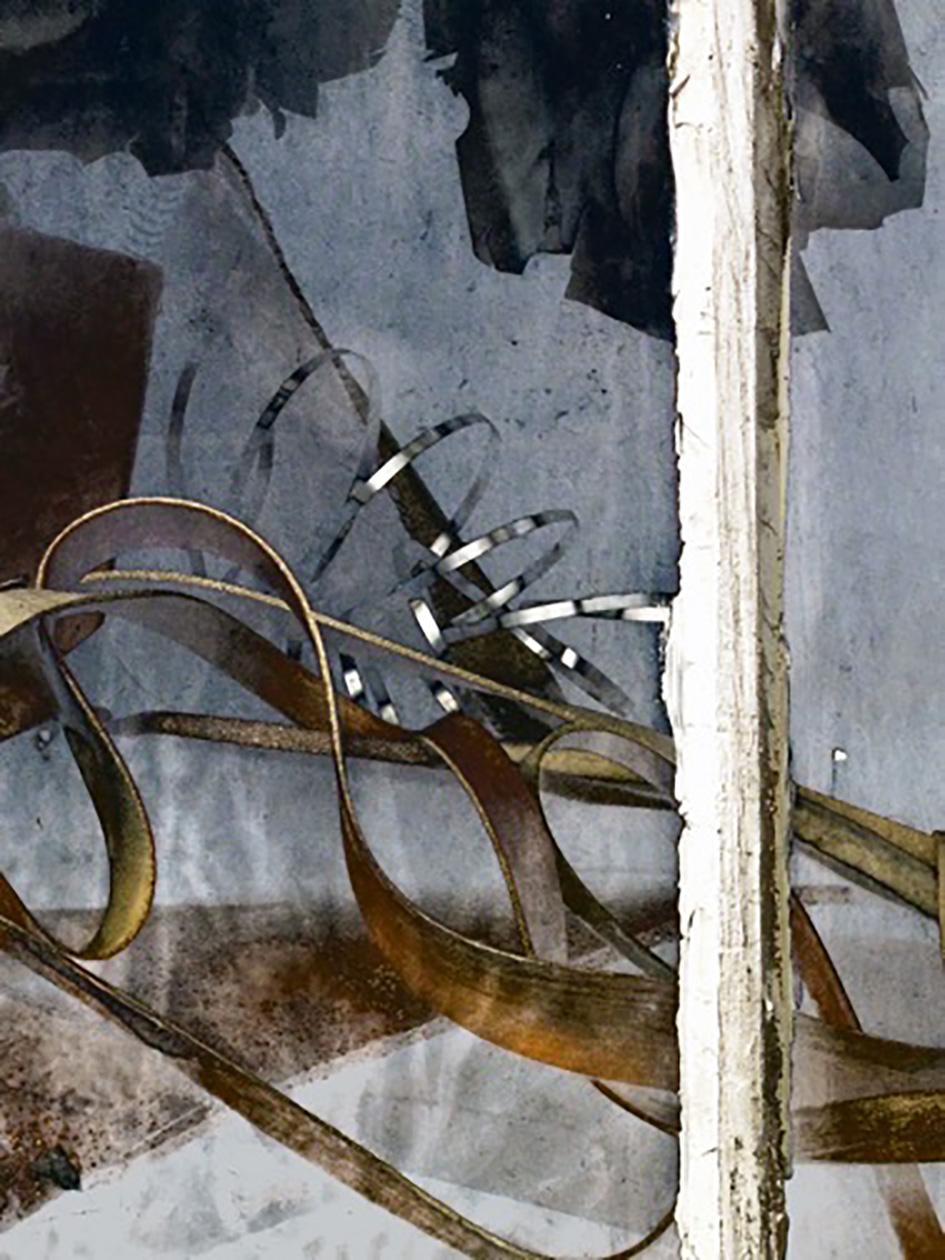Discovery
I believe in the great discovery.
I believe in the man who will make the discovery.
I believe in the fear of the man who will make the
…. discovery.
I believe in his face going white,
his queasiness, his upper lip drenched in cold sweat.
I believe in the burning of his notes,
burning them into ashes,
burning them to the last scrap.
I believe in the scattering of numbers,
scattering them without regret.
I believe in the man’s haste,
in the precision of his movements,
in his free will.
I believe in the shattering of tablets,
the pouring out of liquids,
the extinguishing of rays.
I am convinced this will end well,
that it will not be too late,
that it will take place without witnesses.
I’m sure no one will find out what happened,
not the wife, not the wall,
not even the bird that might squeal in its song.
I believe in the refusal to take part.
I believe in the ruined career.
I believe in the wasted years of work.
I believe in the secret taken to the grave.
These words soar for me beyond all rules
without seeking support from actual examples.
My faith is strong, blind, and without foundation.
by Wistlawa Szymborska
from View With a Grain of Sand
Harcourt Brace 1993
translation: Stanislaw Baranczak and Clare Cavanagh

I wonder if this poem seeded the idea of a book, a remarkable book that looks at the consequences – intended and unintended- of scientific discoveries. Benjamin Labatut’s When We Cease To Understand The World is a small volume describing mathematical and scientific research, ruminating about the psychological states of those engaged in the work, and weaving fact and fiction in ways that meander between horror story and lyric poetry.
The last time I felt like this when reading a novel grounded in history, was decades ago when I couldn’t put Pat Barker’s Regeneration trilogy down, never mind babies screaming for attention, house wanting to be cleaned, lectures needing to be written and exams to be graded. Both authors share the skill of sending readers on two parallel paths, leaving it to us to drop and pick up the strands where truth ends and imagination begins, where facts are overshadowed by psychological analysis or feelings discarded in the light of facts. Both also excel in alternations of intensity and subtlety, in itself a weird combination.
Barker succeeds in sustaining our attention to history, social structures, identity (before that became a political concept) across three complex volumes, never letting up tangential brilliant confabulation,. She thinly veils her portraits of historical people behind pseudonyms and graphically imparting on us the horrors of World War I and what they did to the soul of artists.

Labatut, in contrast, keeps it short – perhaps aware of contemporary attention spans. His subjects are famous scientists, although the pages are sprinkled with some names less familiar, and some characters are completely made up. He has a knack to impart scientific facts in ways that do not frighten even the math- or physics-phobic reader, partly because the narrative swings endlessly back to the human interest story at the heart of the tales – how do you accept the fact that your discovery brings suffering and ruin to the world? Do you continue to proceed?
Both authors do not shy away from delving into details of horrors, yet the texts themselves have a certain serenity as if we are watching our own history unfold from the safe location of a distant star. That in itself is, of course, a trick, since it indirectly suggests that our own responsibilities need not be considered when focused on those who wreaked the actual havoc, or do they? The wishful thinking of Szymborska’s lines (admitted to be without justification in fact,) should it not be headed by us, in the ways we should be willing to obstruct, to risk, to endanger our standing by unpopular but necessary actions?

Szymborska’s “I believe in the refusal to take part” is less wish than command. One that is faintly echoed in the last chapter of Labatut’s work which introduces us to a night gardener, a former mathematician who has given up on the world, too clear-eyed about the catastrophes awaiting us, in a society that uses the principles of quantum mechanics without ever truly understanding them. The very last parable of the book describes the final demise of lemon trees cut down by their own excess riches. It somehow all came together, and I felt humbled by it.

Szymborska, again, sarcastically:
“I am convinced this will end well,
that it will not be too late,”
How many more reminders do we need by brilliant writers that clinging to this belief simply won’t do?
On a more upbeat note, here is a fun compilation of unintended, positive consequences of scientific discoveries.

Music today by Bartok who was enchanted with mathematical principles and symmetry, particularly the Golden Mean. The ratio appears in this piece. Give it a chance, it grows on you.
